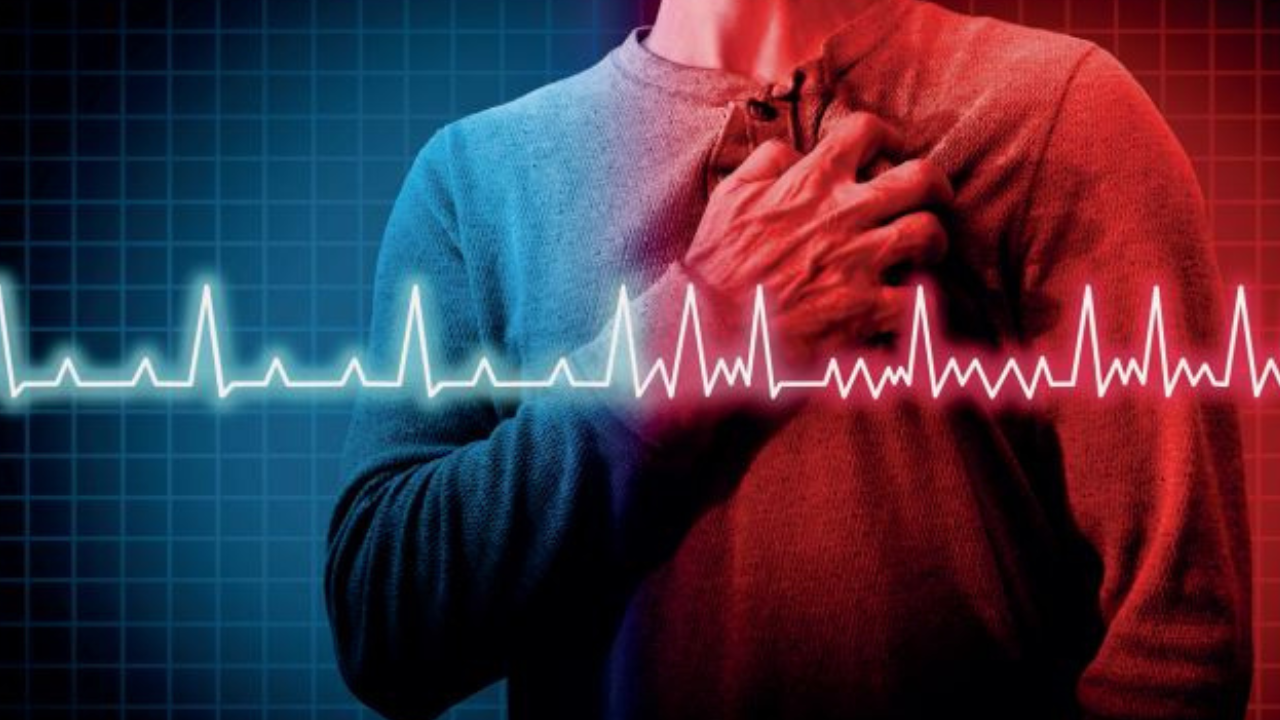[ad_1]
“There is a troubling trend”
Dr Panda explains, “We have noticed a troubling trend – more and more young adults are coming to us at the Asian Heart Institute with critical heart diseases. It’s concerning for two reasons. Firstly, young patients with heart disease have a higher complication rate from heart attacks. Secondly, it’s a wake-up call that heart wellness should be a priority for everyone, regardless of age. Heart disease can strike at any time, especially with the stressful lifestyles we lead and the prevalence of lifestyle diseases such as diabetes, obesity and hypertension. It’s time for a shift in mindset – taking care of our heart health by taking preventive measures instead of leading an unhealthy lifestyle leading to early heart disease. Let’s make heart health a priority from a young age, so we can avoid complications down the road and lead healthier lives.
Are young people more at risk of a heart attack today?
Sidharth Shukla, Puneeth Rajkumar, Raj Kaushal are just a few names that we lost to heart attack. This, after they all led a seemingly fit and healthy lifestyle. What does it tell about today’s youth and their heart? Dr Panda elaborates, “Compared to a few decades back, heart disease is a growing concern for many Indians especially young ones and there are several reasons behind it. Factors such as lack of exercise, poor diet choices with low fiber and high carbs including processed foods, sweets, smoking, tobacco use, poor lifestyle including late night sleep, less sleep, binge watching and, environmental pollution as well as genetic predisposition, all play a role. This has led to many young individuals developing undiagnosed diabetes and hypertension, silently increasing their risk for heart disease without even realising it. It’s a latent danger that often goes unnoticed until it’s too late.
It’s important to note that even if you don’t have any symptoms, you could still have an underlying heart condition. Therefore, regular heart screening tests are advisable, especially if you have a family history of heart disease or other risk factors as mentioned. These tests can help identify any problems early on, allowing for proper treatment before significant damage to the heart occurs.”
What puts your heart health at risk?
Several risk factors can increase your chances of developing heart disease. These include having diabetes, high blood pressure, using tobacco products, high cholesterol levels, leading an inactive lifestyle, having a family history of heart disease, having excess weight or obesity , following a poor diet and stress. It’s important to be aware of these risk factors and take steps to manage them in order to promote heart health and reduce the risk of heart disease, shares Dr Panda.
Do not ignore these signs of poor heart health
It is important to seek medical attention if you experience any of the following symptoms, as they could be warning signs of a potential heart issue.
Chest pain, tightness, pressure, or discomfort (angina): If you feel any discomfort or pain in your chest on exertion, whether it’s mild or severe, it’s crucial to get it checked out by a healthcare professional.
Shortness of breath: If you find yourself struggling to catch your breath, especially during physical activity or even at rest, it could be a sign of a heart problem and should not be ignored.
Pain in the neck, jaw, throat, upper abdomen, or back: Unexplained pain or discomfort in these areas, especially if it’s accompanied by other symptoms, could be an indication of a heart issue and should be evaluated by a doctor.
Pain or numbness in your arms during physical or mental stress: If you experience unusual pain, discomfort, or numbness in your arms, especially during times of physical or mental stress, it’s essential to get it checked out as it could be a sign of heart-related problems.
Connection between COVID and heart health
Several studies have tried to establish the impact of COVID on heart health. Dr Panda adds, “COVID-19 has left its mark on the heart, causing a myriad of problems. To start with, during the acute phase of COVID, the inflammation caused by the virus can make the blood more prone to clotting, creating obstacles in the heart’s blood flow and potentially leading to heart attacks as well as causing myocarditis. There appears to be heart muscle dysfunction long term along with irregular heart beat. Those with pre-existing cardio-metabolic health issues like high blood pressure, diabetes, and obesity are more prone to higher complications from COVID. It’s a stark reminder of the intricate relationship between our overall health and the well-being of our hearts. It is crucial to prioritize health, especially heart health.”
[ad_2]
Source link



